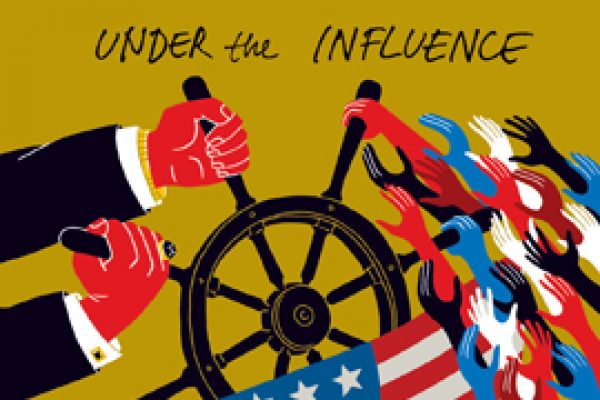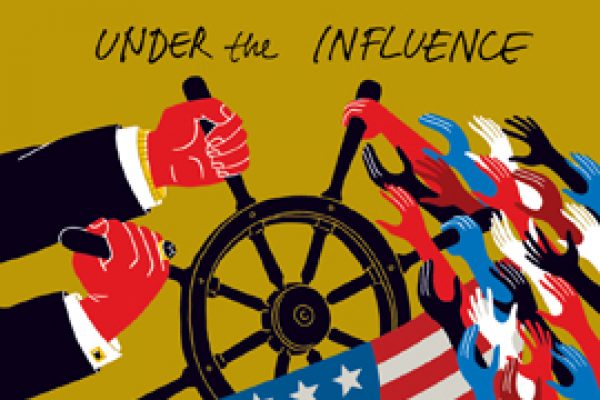Martin Gilens is Professor of Politics at Princeton University and author of Affluence & Influence: Economic Inequality and Political Power in America.
Help Us Stay Paywall-Free
Democracy depends on the free exchange of ideas. Help sustain it with a tax-deductible donation today.



